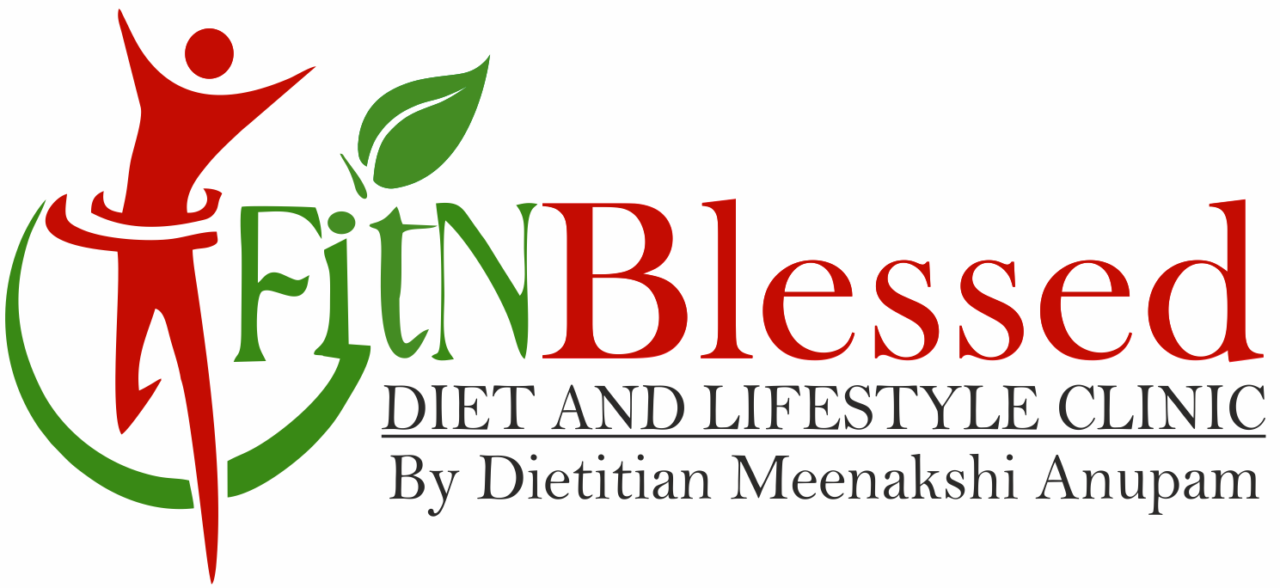THYROID DIET PLAN
Managing thyroid conditions, such as hypothyroidism or hyperthyroidism, often involves not only medical treatment but also adopting a balanced and healthy diet. It’s important to note that there is no one-size-fits-all diet plan for thyroid disorders, as individual responses to foods can vary. However, here are some general dietary guidelines that may help support thyroid health:
For Hypothyroidism (Underactive Thyroid):
Iodine-Rich Foods: Iodine is essential for thyroid hormone production. Include iodine-rich foods such as seaweed, iodized salt, fish, dairy products, and eggs in your diet. However, consult your healthcare provider before taking iodine supplements, as excessive iodine intake can worsen thyroid problems.
Selenium Sources: Selenium is important for thyroid function and can be found in foods like Brazil nuts, sunflower seeds, fish, turkey, and whole grains.
Limit Goitrogenic Foods: Goitrogens are substances that can interfere with thyroid function when consumed in large amounts. Cooking usually neutralizes these compounds. Foods high in goitrogens include cruciferous vegetables (like cabbage, broccoli, and Brussels sprouts), soy, and millet. While these foods can be a healthy part of your diet, it’s best to cook them and consume them in moderation.
Gluten-Free Diet (For Some Individuals): Some people with hypothyroidism, particularly Hashimoto’s thyroiditis, find relief from symptoms on a gluten-free diet. This is a personal choice and should be discussed with a healthcare provider.
Balanced Diet: Focus on a well-balanced diet that includes a variety of fruits, vegetables, lean proteins, whole grains, and healthy fats. Nutrient-rich foods support overall health and can help manage weight, which is important for thyroid health.
For Hyperthyroidism (Overactive Thyroid):
Limit Stimulants: Reduce caffeine intake from coffee, tea, and energy drinks, as stimulants can exacerbate symptoms of hyperthyroidism.
Avoid Iodine-Rich Foods: In hyperthyroidism, excessive iodine can worsen the condition. It’s best to avoid iodine-rich foods like seaweed, iodized salt, and seafood. However, iodine restriction should be done under the guidance of a healthcare provider.
Calcium and Vitamin D: Hyperthyroidism can affect bone health. Ensure an adequate intake of calcium and vitamin D through sources like dairy products, fortified plant-based milks, leafy greens, and sunlight exposure.
Small, Frequent Meals: Eating small, frequent meals throughout the day can help maintain energy levels and prevent weight loss, which is common in hyperthyroidism.
Hydration: Stay well-hydrated to support overall bodily functions.
General Tips for Thyroid Health:
Consult a Healthcare Provider: Always consult with a healthcare provider or a registered dietitian before making significant changes to your diet, especially if you have a thyroid condition.
Monitor Iodine Intake: Whether you have hypothyroidism or hyperthyroidism, it’s important to balance your iodine intake. Too much or too little iodine can disrupt thyroid function.
Medication and Diet: If you are taking thyroid medication, talk to your healthcare provider about how your diet may interact with your medication. Some foods and supplements can interfere with thyroid medication absorption.
Individual Response: Each person may respond differently to dietary changes. Pay attention to how your body feels and consult with your healthcare provider to make adjustments as needed.
Remember that managing a thyroid condition involves a combination of medical treatment, dietary changes, and lifestyle modifications. Regular monitoring and communication with your healthcare provider are crucial for optimal management of thyroid disorders.
